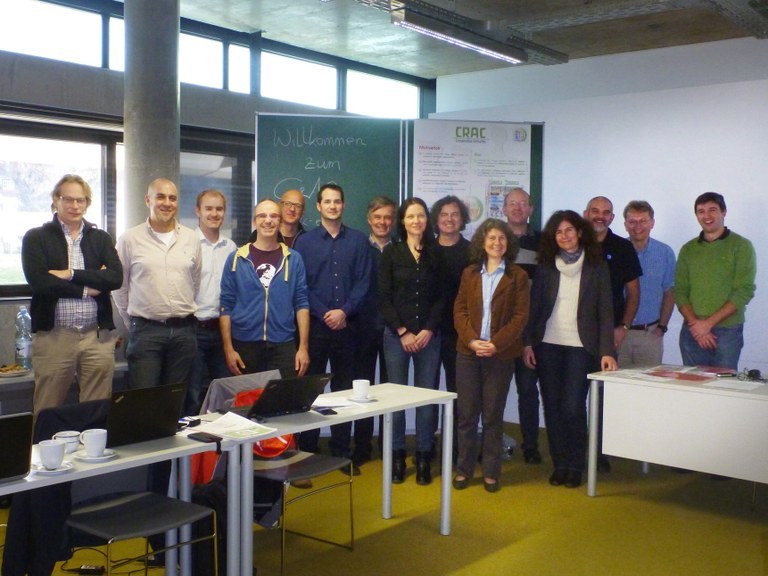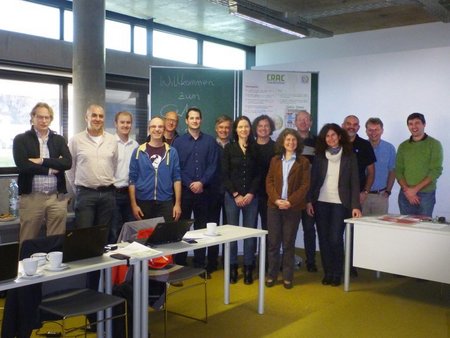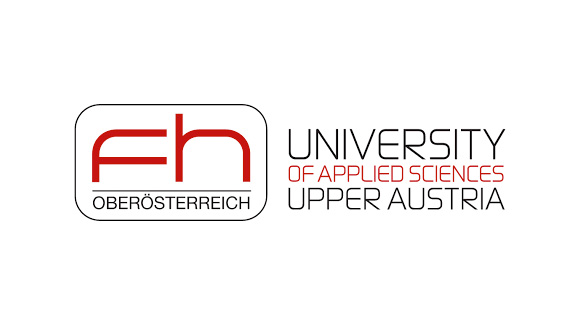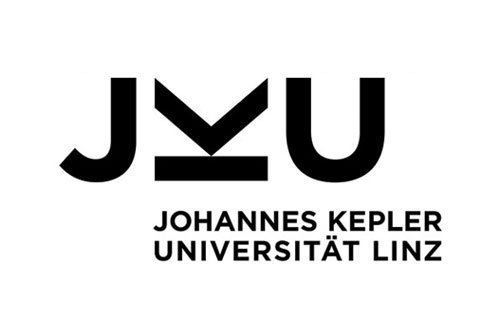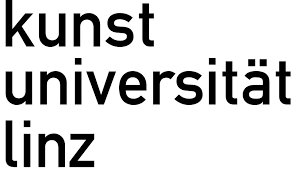CrAc - CoopeRative Activities
Start date: 01-11-2014
End date: 31-10-2017
Category:
- Computer-Supported Cooperative Work
Non-profit organisations, open source communities or company networks provide services that generate economic value added through their indirect profitability. Common values and similar interests of the actors are of central importance for the fulfilment of the mostly voluntary, cooperative tasks. The problem of an efficient, adequate and at the same time balanced distribution of tasks, not least due to a lack of technical system support, often hinders the potential and motivation to fulfil tasks and can lead to suboptimal services of voluntary organisations to society. The ultimate vision of CrAc (CoopeRative ACtivities) is to support the cooperation of actors in voluntary organisations through an efficient, adequate and balanced distribution of cooperative tasks, with positive effects on the motivation of the actors, the effectiveness and efficiency of the services provided and, in the end, the whole society. In order to come one step closer to this vision, the CrAc consortium combines interdisciplinary competences from business and science paired with application-oriented knowledge from volunteer organisations in the fields of rescue, relief, community and education. The concrete objective of CrAc is the development of interdisciplinary concepts that allow a dynamic, profile-based allocation of cooperative tasks to actors. The main focus is to continuously adapt profiles of tasks and actors as well as the allocation of tasks itself to the real situation on the basis of an evaluation of task performance. These concepts will be implemented in a software framework in a prototypical and domain-independent way in order to achieve an efficient, adequate and balanced distribution of tasks and, in particular, to motivate hitherto passive actors to perform their tasks and to relieve the over-engaging. The methodical approach of CrAc follows the recognised "Design Research Approach", in that requirements are derived from the project objectives in order to continuously concretise the project result in cooperation with the partners incrementally on the basis of the state of the art and the knowledge gained and to document design decisions in a comprehensible way. This allows to ensure the sustainability of the project results and an adequate evaluation, which is carried out in cooperation with the demonstrators on the basis of case studies.
Publications
"A Survey on Volunteer Management Systems",in Proceedings of 49th Hawaii International Conference on System Sciences,2016,pp. 767-776.
"A Semantic MatchMaking Framework for Volunteering MarketPlaces",in Trends and Advances in Information Systems and Technologies, WorldCIST'18,2018,pp. 701-711.
Project lead
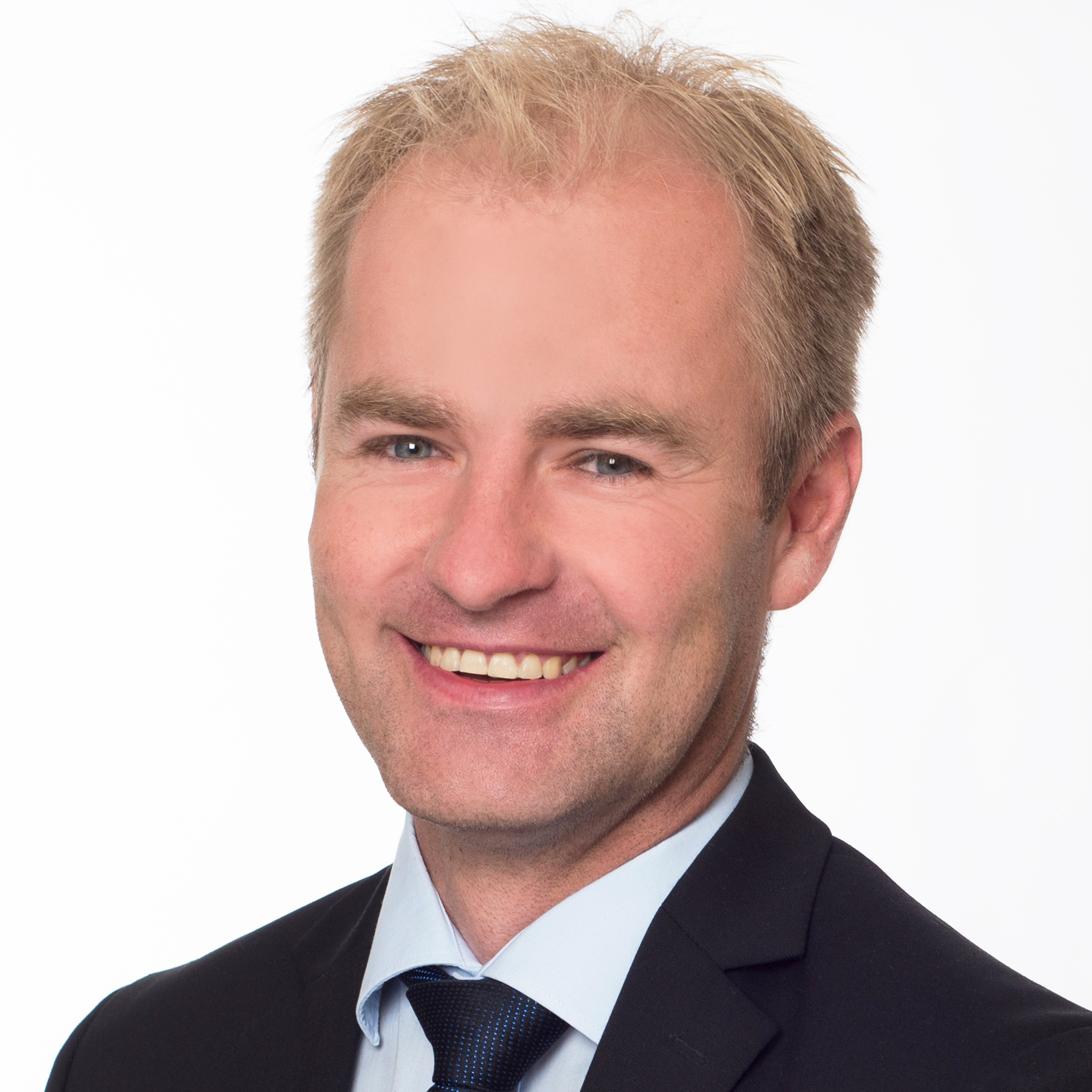
Johannes Schönböck
Members

Mirjam Augstein

Josef Altmann
Markus Raab
David Hondl
Funding Partners
Company Partners
 X-Net Services GmbH
X-Net Services GmbH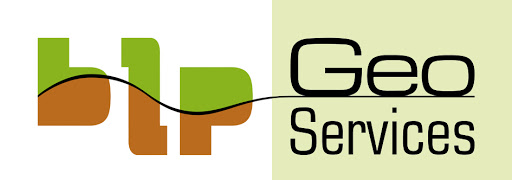 blp GeoServices GmbH
blp GeoServices GmbH GTN - Global Training Network GmbH
GTN - Global Training Network GmbH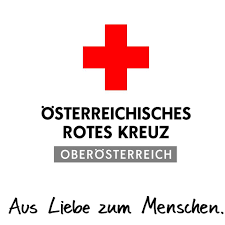 Österreichisches Rotes Kreuz, Landesverband Oberösterreich
Österreichisches Rotes Kreuz, Landesverband OberösterreichScientific Partners
